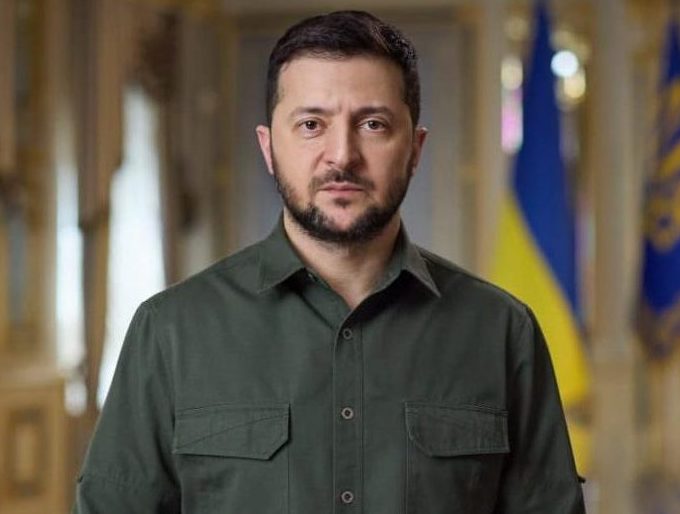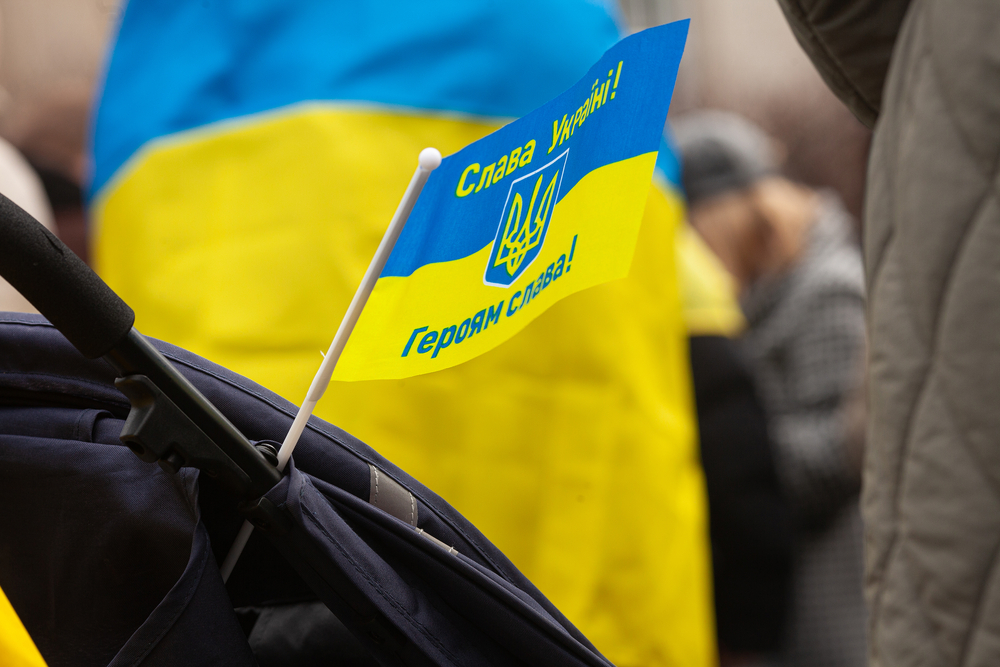In his first twelve months as Ukraine’s president, Volodymyr Zelenskiy has notched up modest successes, but a series of missteps has eroded domestic and international trust.
A year after Ukrainian President Volodymyr Zelenskiy took office, the balance sheet is mixed.
In a deliberately vague election campaign, two topics had featured prominently: the fight against corruption and peace in war-torn eastern Ukraine. Both issues were—and still are—among the top priorities of the Ukrainian population. Connecting with the public proved to be one of Zelenskiy’s main assets; once he was in office, this skill turned into a focus on approval ratings as a basis of policymaking.
Zelenskiy’s landslide victory in the second round of the 2019 presidential election expressed a consensus across Ukraine. Voters could not know what a Zelenskiy presidency would bring, but they were prepared to take the risk.
The degree of disappointment with the previous president, Petro Poroshenko, had been underestimated not only by the incumbent himself but also by political and cultural elites.
Poroshenko’s ill-judged election slogan “Army, Language, Faith” illustrated how far he had left the public behind. His war rhetoric and a narrow ethnolinguistic definition of what it meant to be Ukrainian ran counter to what opinion polls had shown for a while: a strengthening inclusive civic identity centered on the state and citizenship. Political newcomer Zelenskiy acknowledged and embraced this trend, bolstering the Ukrainian state from within.
However, neither of Zelenskiy’s main objectives—ending corruption and the war—has been met. To be fair, a year is not a realistic timeframe for either of these ambitious goals.
Zelenskiy tried to send a strong signal early on: in his inauguration speech, he confronted parliamentarians by announcing an early parliamentary election and a plan to end their immunity from prosecution. Zelenskiy’s party in the making, Servant of the People, emerged from the election with a clear majority in Ukraine’s parliament.
The government’s majority and a high turnover of elites brought both opportunities and risks. It seemed possible to implement long-overdue reforms that had previously been blocked by oligarchic interests. Critics often overemphasized the new elites’ lack of experience: many had relevant backgrounds in business, civil society, or local politics. The bigger risk was uncertainty over whether and for how long the president’s amorphous bloc would be able to govern effectively.
The government drew up complex reform packages and railroaded them through the parliament. The plans contained many sensible elements, but the procedure by which they were adopted was hardly democratic. Zelenskiy refilled many vacant key positions in Ukraine’s anticorruption institutions, including the pivotal role of prosecutor general, and graft investigations resumed with a new drive.
However, there have been few tangible results, in particular in the trials of prominent suspects. What is more, speculation about the extent to which Igor Kolomoyskiy, one of Ukraine’s biggest oligarchs, influences Zelenskiy’s decisions overshadowed the president’s anticorruption agenda from the start.
Gwendolyn Sasse, a nonresident senior fellow at Carnegie Europe and director of the Centre for East European and International Studies (ZOiS) in Berlin, analyzes the results of the first year of Zelenskyy’s presidency.
Reed full analytics on the Carnegie Europe page.






 UA
UA FR
FR DE
DE

